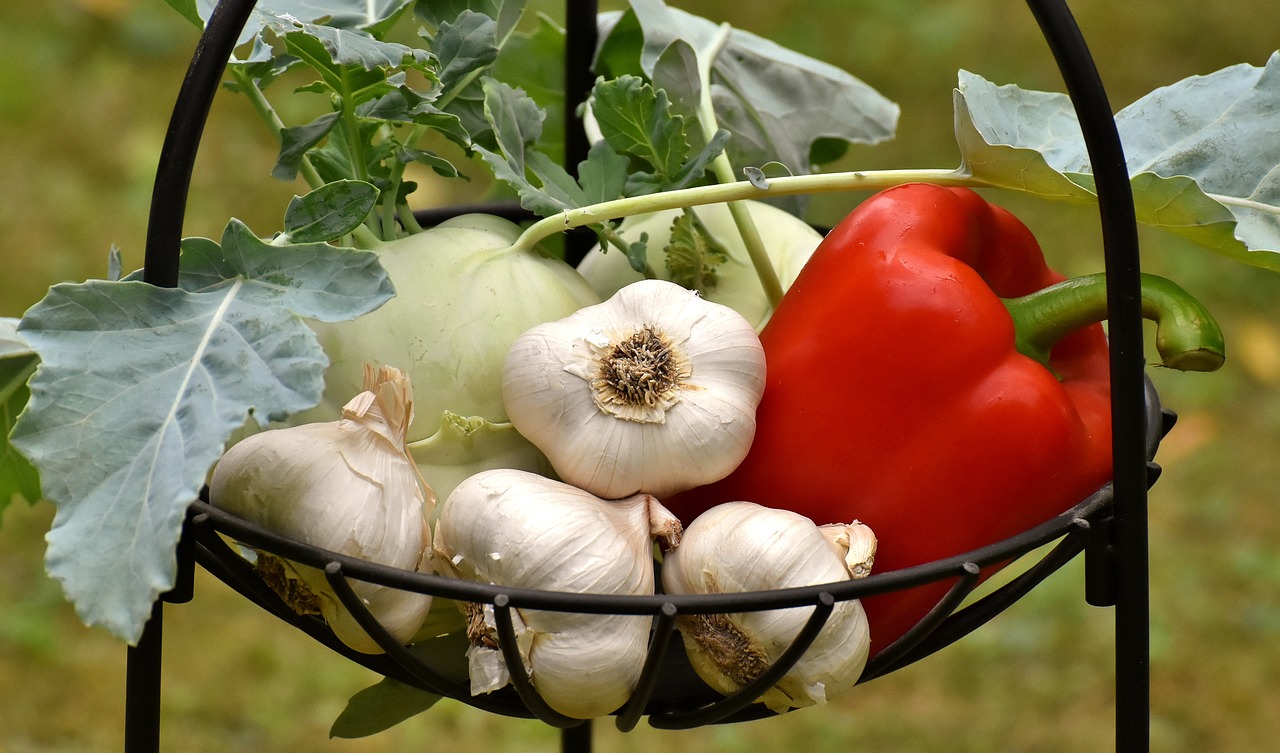Prioritizing Food Security
“Food security remains our utmost priority,” declared Agro Industry Minister Maheen Seeruttun during his fiscal speech. He reminisced about the previous year’s agricultural dialogues. These discussions gave rise to a strategic blueprint for 2024-2030. According to Seeruttun, this blueprint is pivotal in fortifying Mauritius’ food security. The plan aims to enhance self-sufficiency in food production. It seeks to reduce reliance on imported foodstuffs. The strategy includes diversifying crops and improving yields. It also involves bolstering the local agricultural infrastructure. The minister stressed the importance of community involvement in achieving these goals.

Investment in Agricultural Technology
In his speech, Seeruttun called on cultivators to intensify their investment in technological advancements. These technologies are essential for safeguarding crops against the impacts of climate change. He underscored the significance of innovation in ensuring the agricultural sector’s resilience and sustainability amidst environmental adversities. The minister pointed to precision agriculture as a key area for investment. He encouraged the adoption of smart farming techniques. Seeruttun mentioned government incentives for tech-savvy farmers. He also spoke about training programs for modern agricultural practices. The goal is to make farming more efficient and less resource-intensive.
Addressing Economic and Debt Concerns
Responding to the opposition’s critique of the economy’s precarious condition and escalating public debt, Seeruttun highlighted that this is a global phenomenon, aggravated by the COVID-19 pandemic. He referenced several nations where public debt has soared to considerable heights. “Japan’s public debt surpasses 125%, Singapore’s stands at 168%, and Italy has reached 144%,” he asserted. “Accruing debt is not inherently negative if there’s a capability for repayment. This principle applies to nations as well.” The pandemic has upended norms, leading to a universal surge in public debts beyond established thresholds. Seeruttun reassured that Mauritius’ debt is manageable. He emphasized that strategic investments during this period are crucial. The minister pointed out that debt can fuel growth if used wisely. He assured that the government is monitoring debt levels closely. Fiscal responsibility remains a key focus, he affirmed.
Global Debt Dynamics
Concluding his address, Seeruttun cited projections from the International Monetary Fund indicating a prospective decline in global public debt relative to GDP. He noted that Mauritius’ debt trajectory is consistent with this global trend. Despite economic challenges, the government has exercised prudent and proactive fiscal management. The minister expressed confidence in the country’s economic recovery plan. He highlighted ongoing efforts to boost productivity across sectors. Seeruttun also mentioned initiatives aimed at increasing exports. He discussed measures to attract foreign investment into Mauritius. Lastly, he reiterated the government’s commitment to fiscal stability and economic growth.


